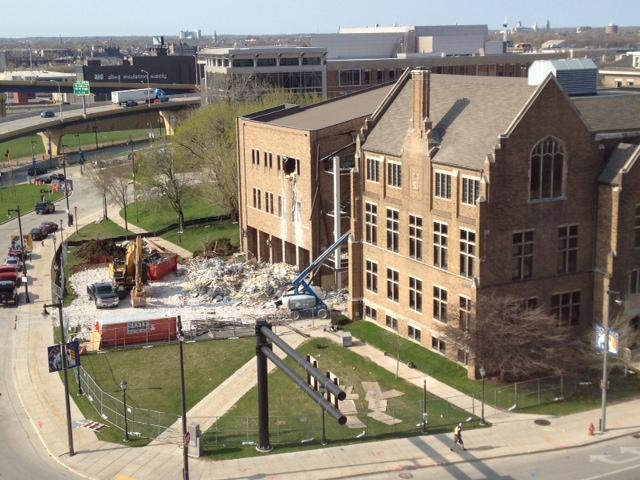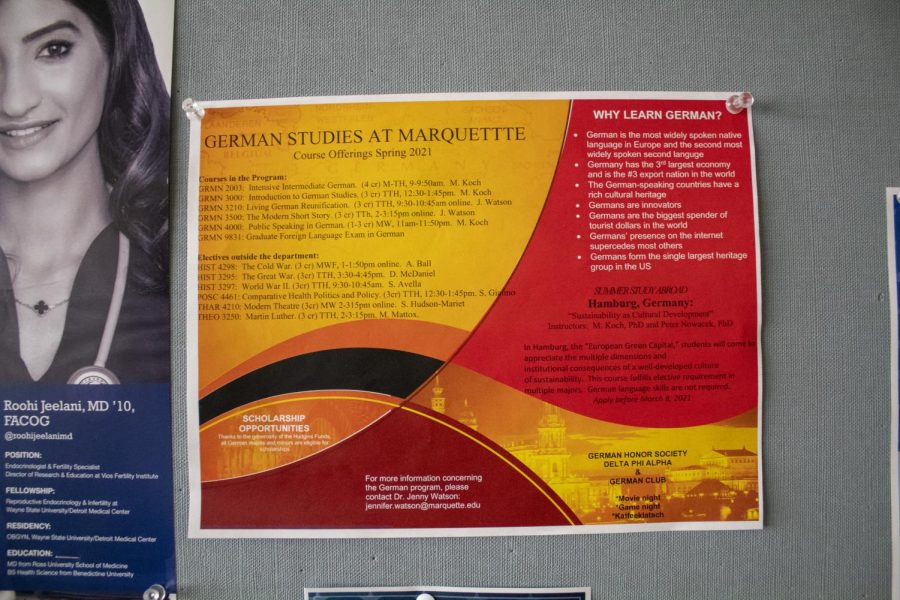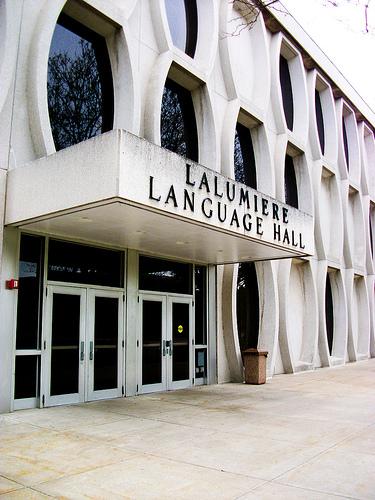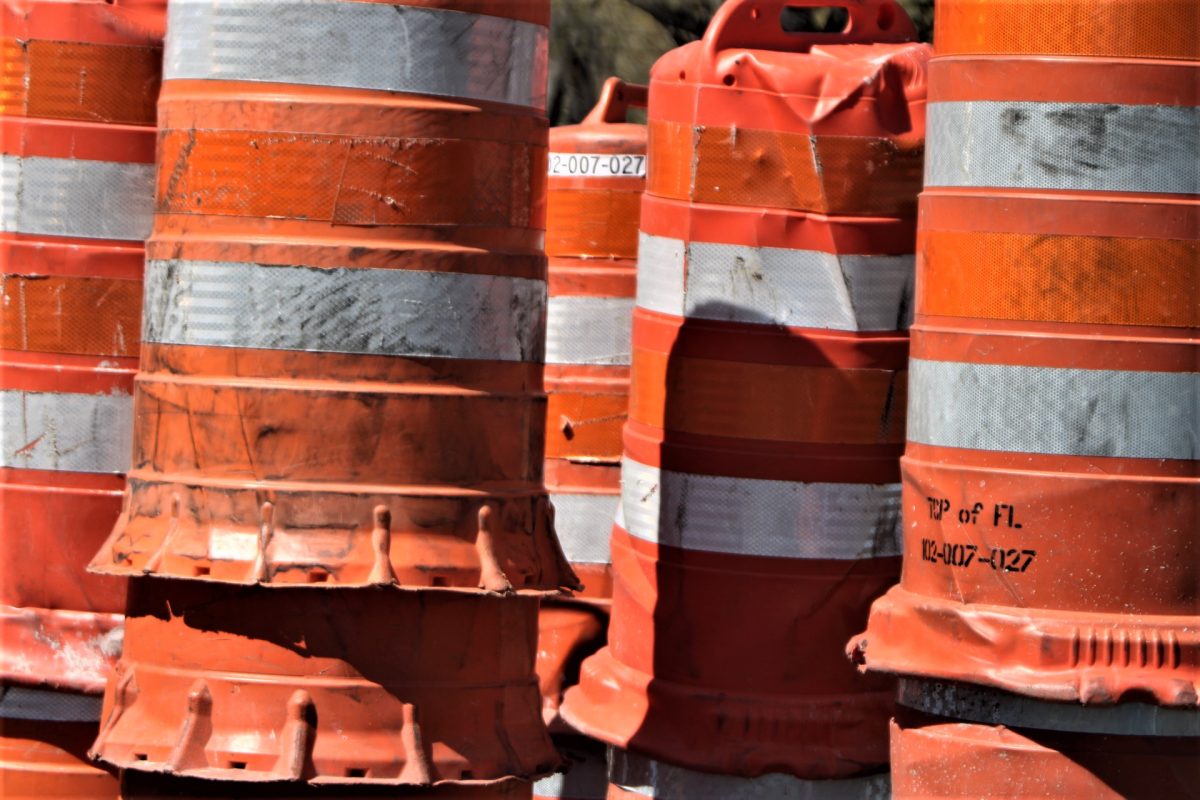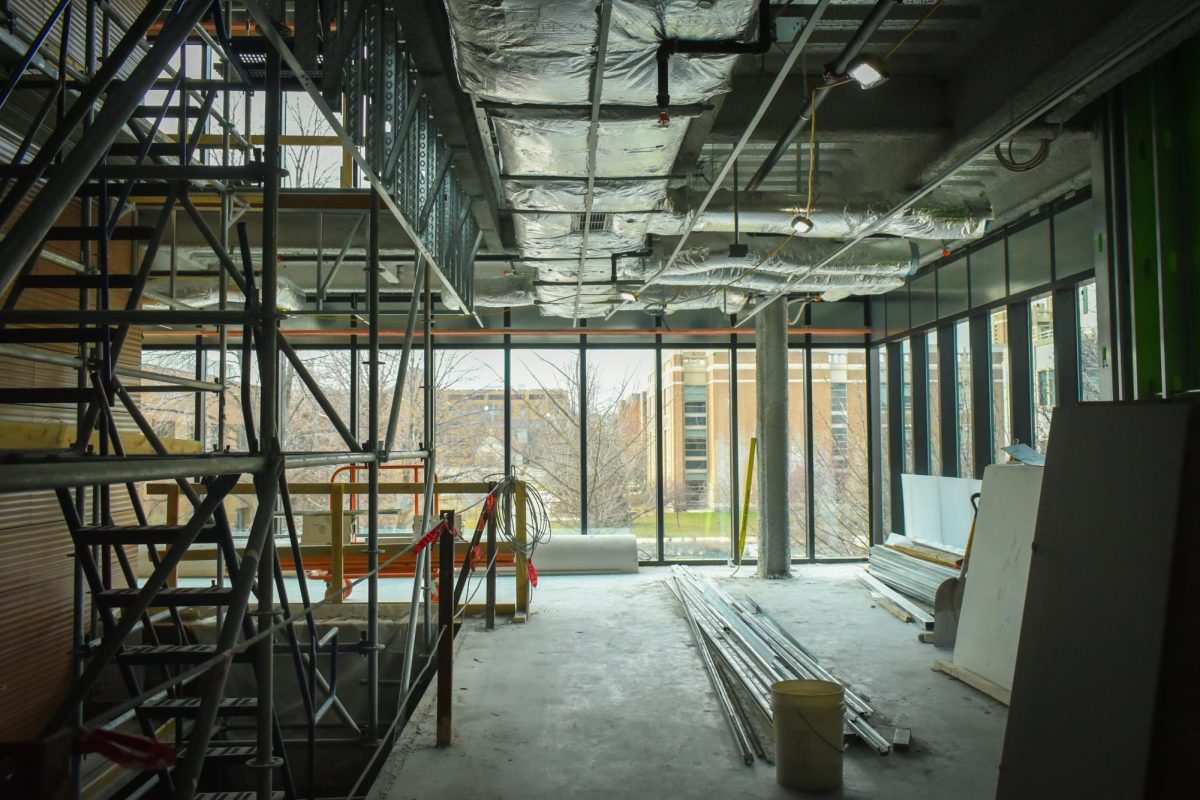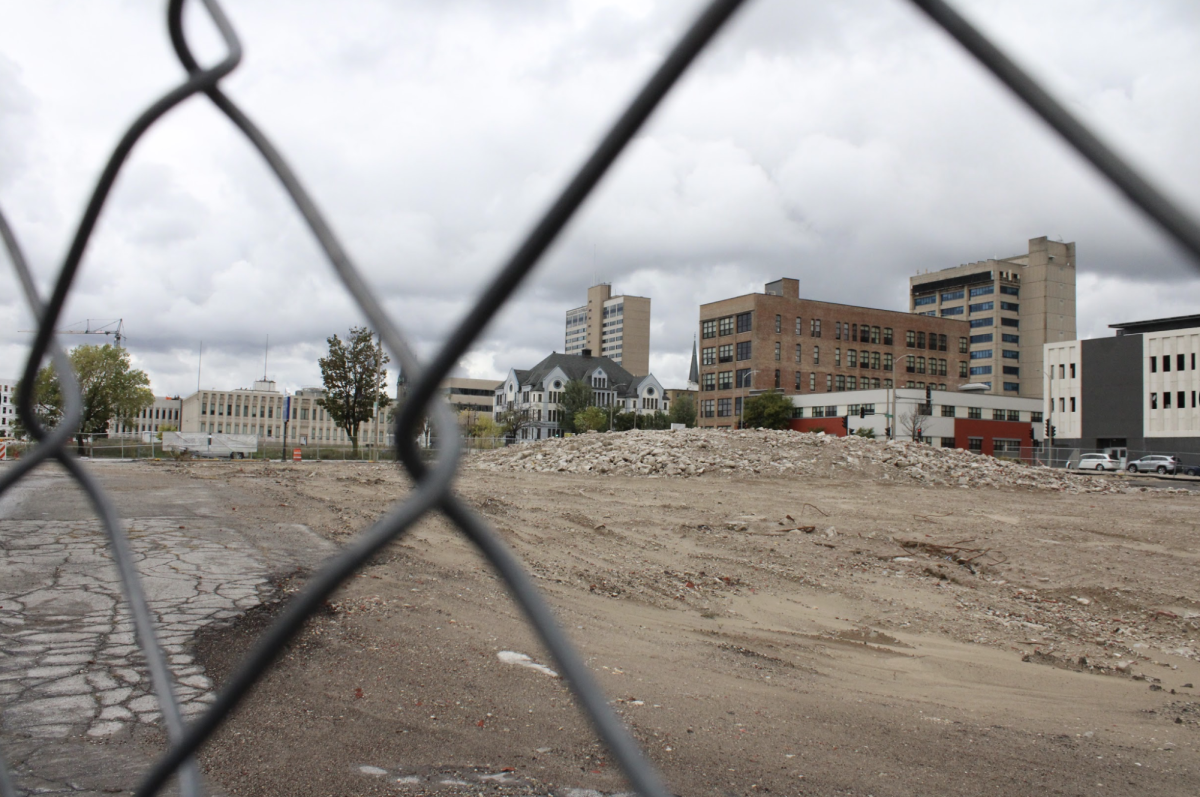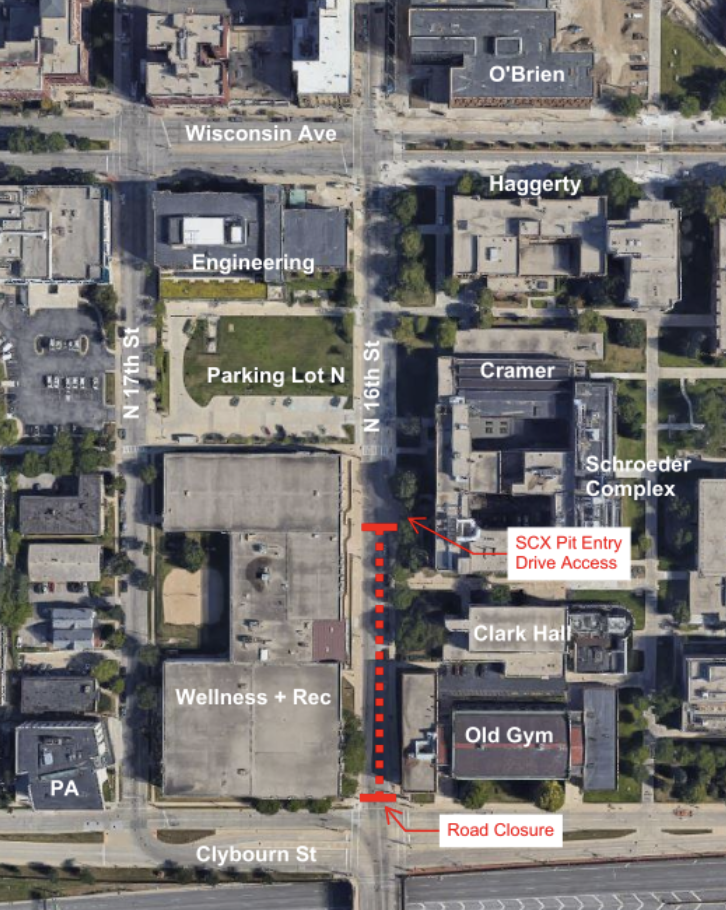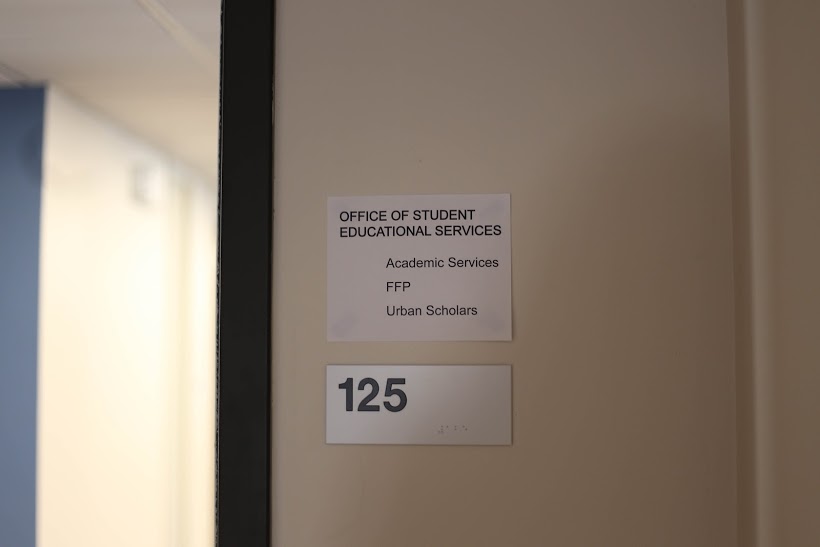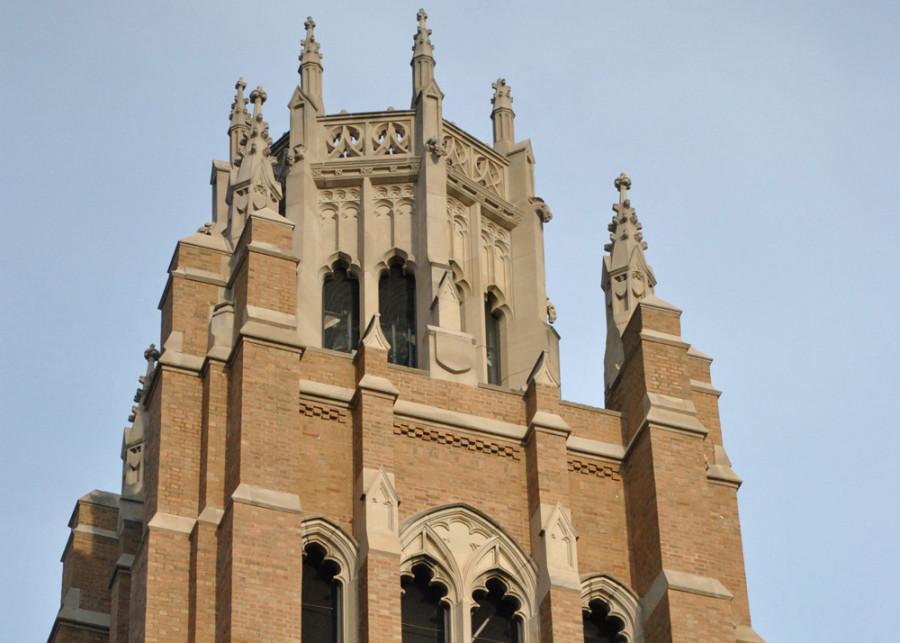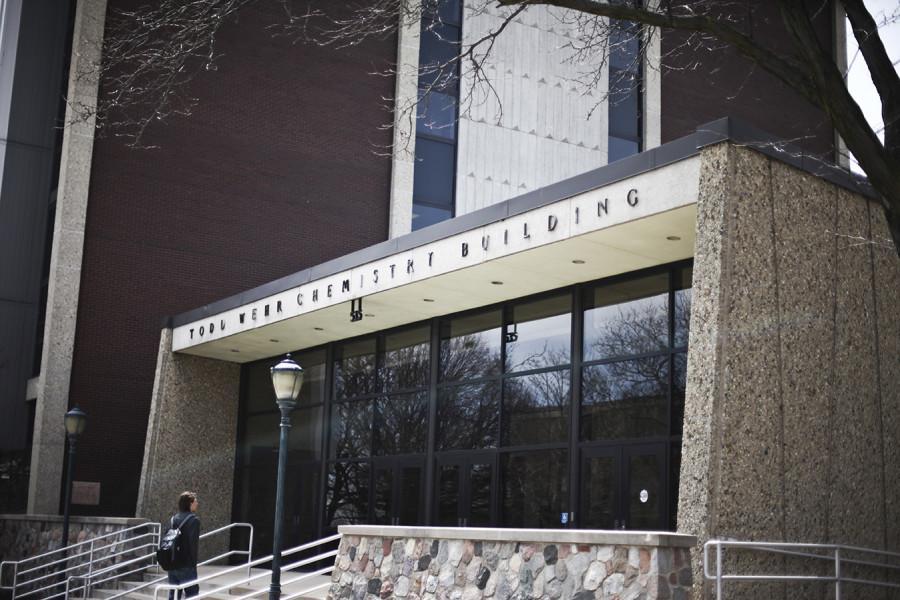Construction on Sensenbrenner, Johnston and Marquette Halls is on schedule and expected to be completed in fall 2014, as the Tribune originally reported in January.
Thomas Ganey, vice president of planning and university architect, said the construction team is nine months into the three-year project.
“The expectation is that in May, Sensenbrenner will be complete,” Ganey said. “Johnston will undergo the bulk of its work beginning in summer of 2014. The main focus here is that the work is related to infrastructure – heating, cooling, plumbing.”
Administrative offices for the College of Arts & Sciences, including the English, philosophy, history and theology departments, will move to Marquette Hall and Sensenbrenner, while the College of Communication will receive other enhancements in Johnston once the other projects are complete. Coughlin Hall, the current home for the moving Arts & Sciences departments, will undergo renovations of its own after the departments move.
Ganey said the project is “a reinvestment in historic buildings.” The university opened Marquette Hall and Sensenbrenner in the 1920s, making them two of the oldest academic buildings on campus. Sensenbrenner housed the University’s Law School before Eckstein Hall opened in 2010.
James Marten, chair and professor of the history department, said he looks forward to his department’s future move to Sensenbrenner.
“It will feature the department in a different way,” Marten said. “There will be public areas to display awards and books, a kiosk in the lobby for students to access information, and a flat screen TV in the entrance.”
Marten agreed with Ganey about the project being a reinvestment in historic buildings, adding that “the project deals with respecting it as an old building, but now with modern office space.”
Philosophy offices in Coughlin Hall are experiencing problems with wasps and previously experienced problems with leaks and flooding. The move to Marquette Hall will allow the time and space necessary to begin renovation in Coughlin Hall. Ganey also said Coughlin Hall will eventually house Student Disability Service, Student Education Service, and Education Opportunity programs and offices.
The new Marquette Hall will provide classroom space, conference rooms, seminar rooms and advising offices all in the same building.
James South, chair of the philosophy department, also said he is glad to leave the philosophy offices in Coughlin Hall.
“It will be a student friendly environment,” South said, “a place for hanging out, using the Wi-Fi, sitting in a comfy chair, or studying.”
South said that because Marquette Hall will house the philosophy, English and theology departments, the new facility will create a community of learning within the three departments. He said he believes faculty-to-faculty interaction within the building will spark interdisciplinary learning and benefit students directly.
“Putting us in what we like to call the ‘historic core’ of the campus shows Father Pilarz’s and the university administration’s commitment to the College of Arts & Sciences and its importance to the identity of Marquette,” South said. “(The new building) will facilitate our ability to be more accessible to students, interact more with students, and enhance our presence on campus.”
“What’s most promising here is that this is a new beginning for the department and a new way of being at Marquette,” South said.

